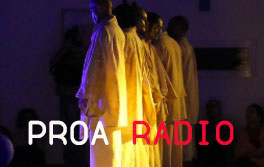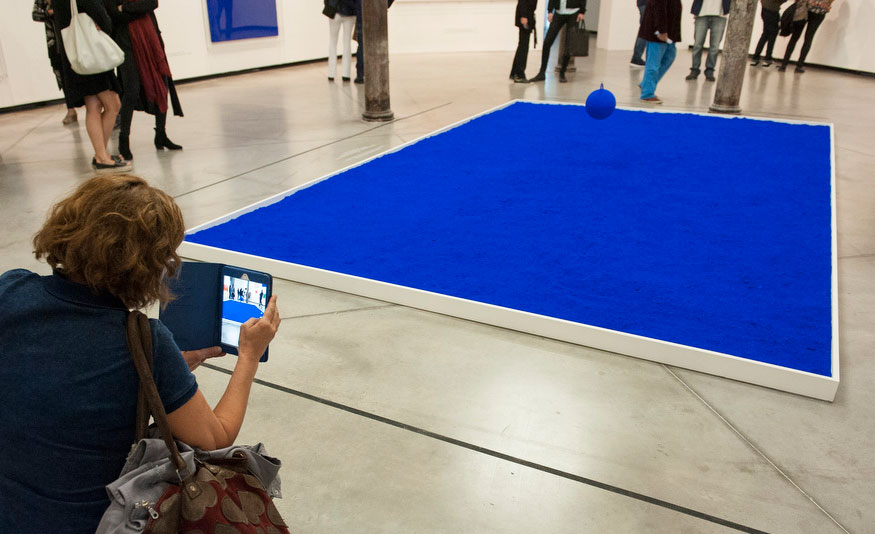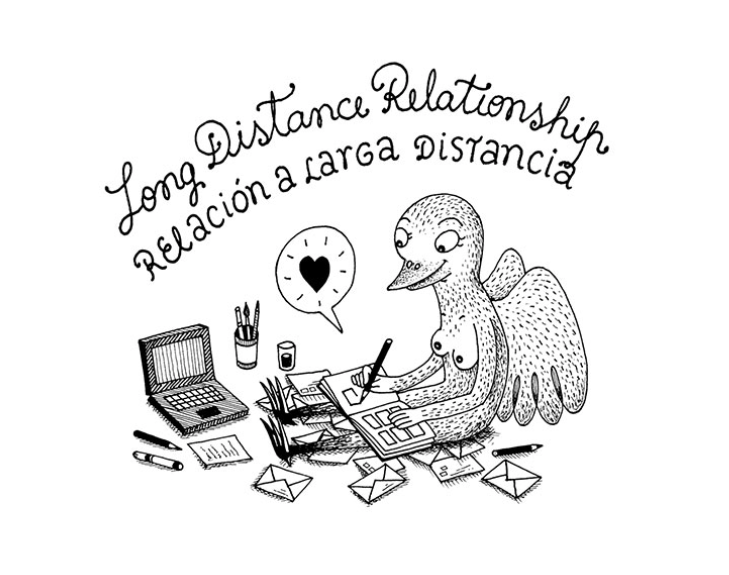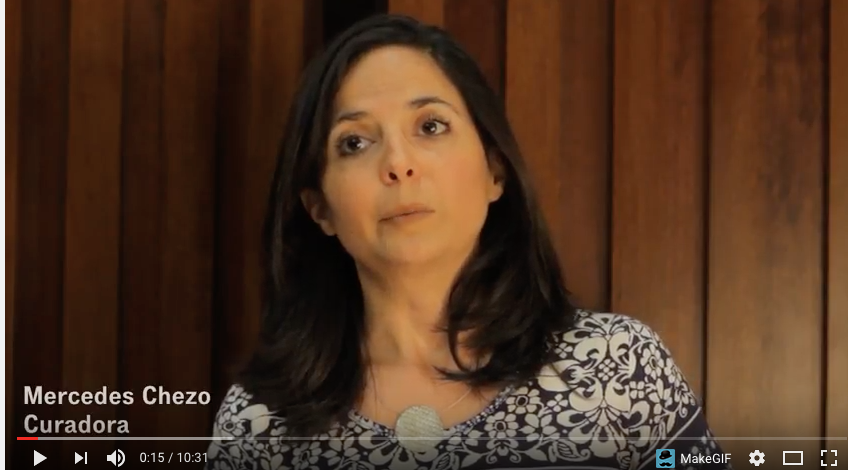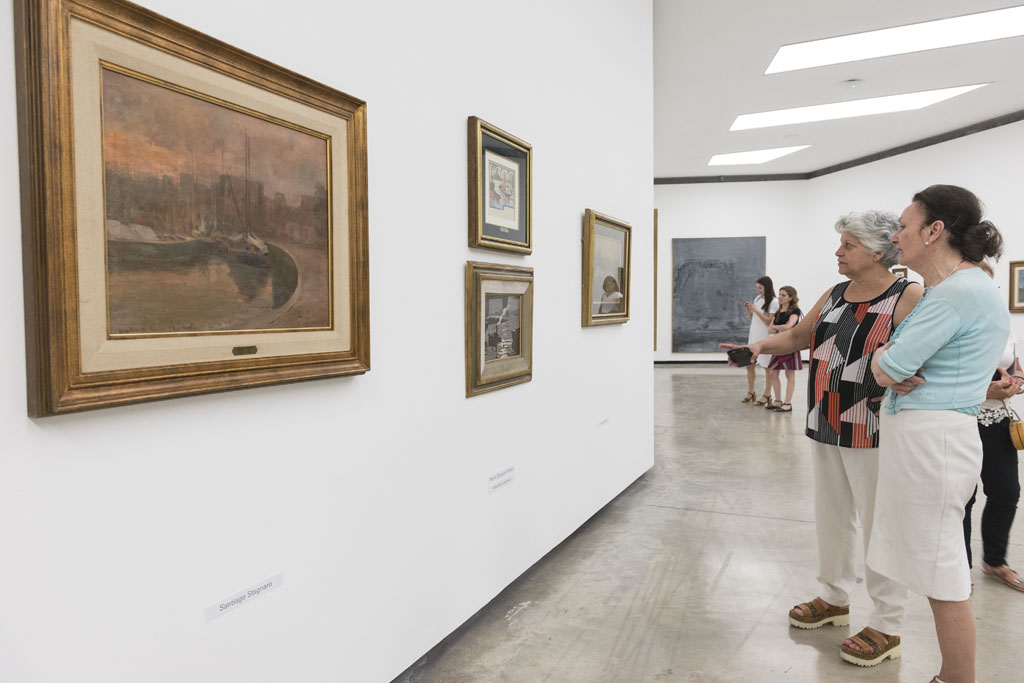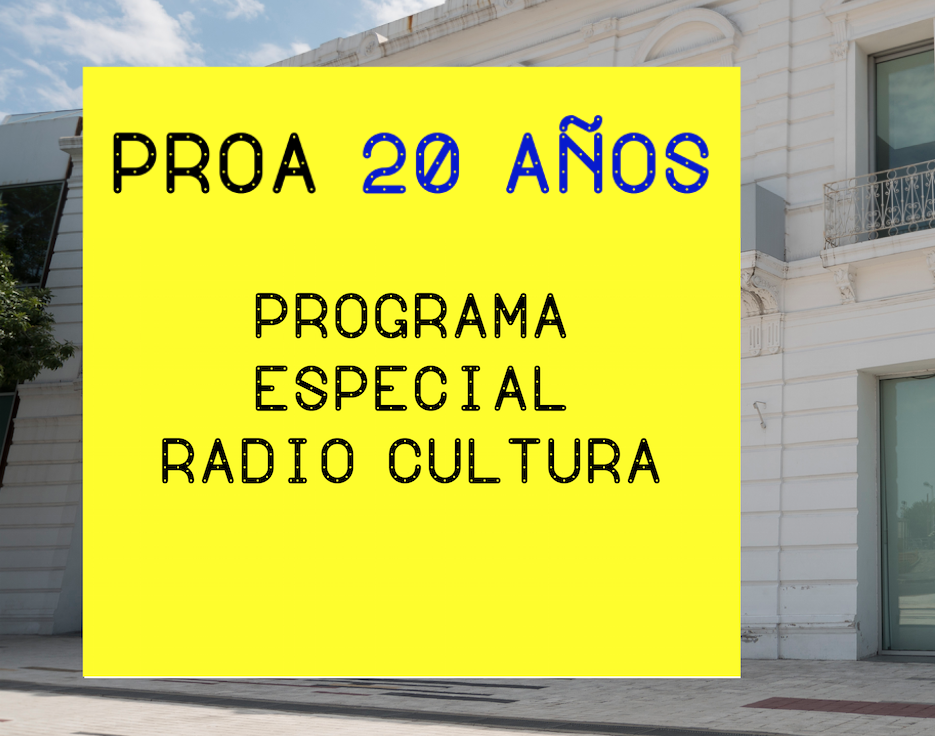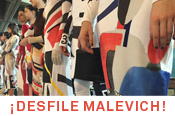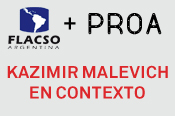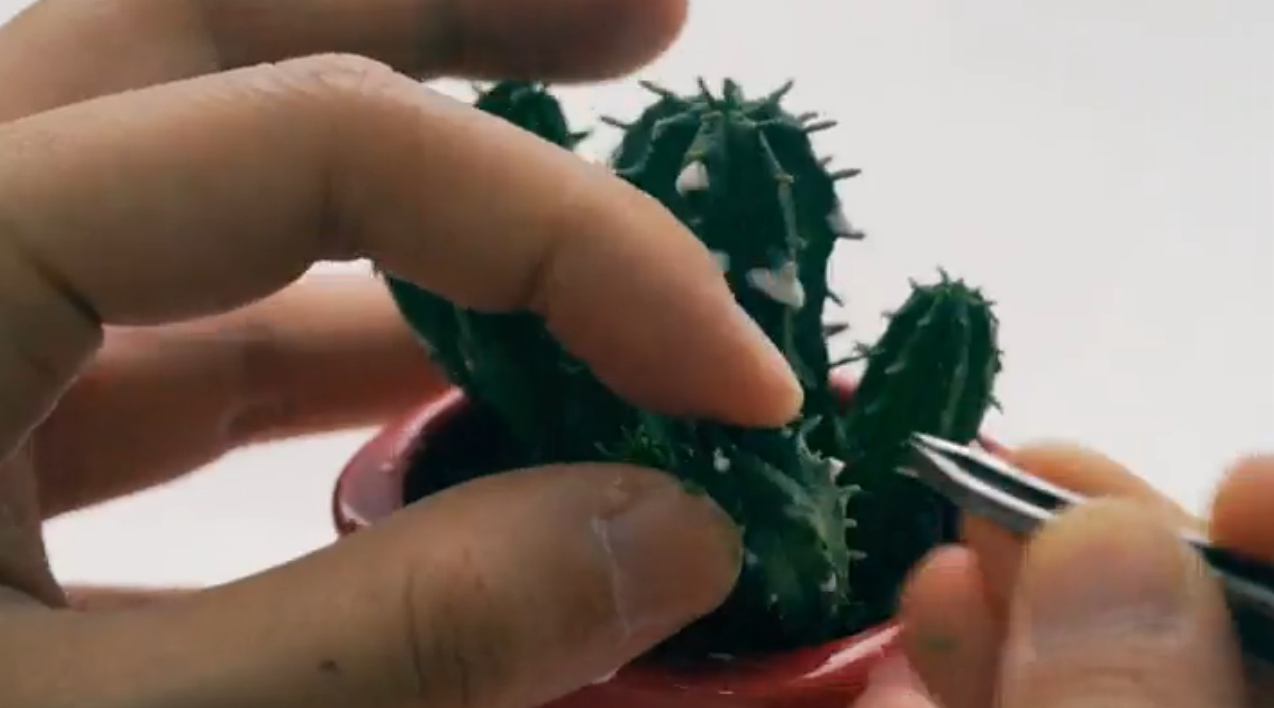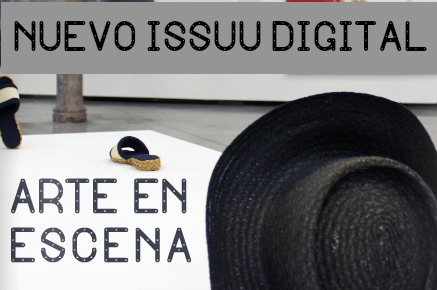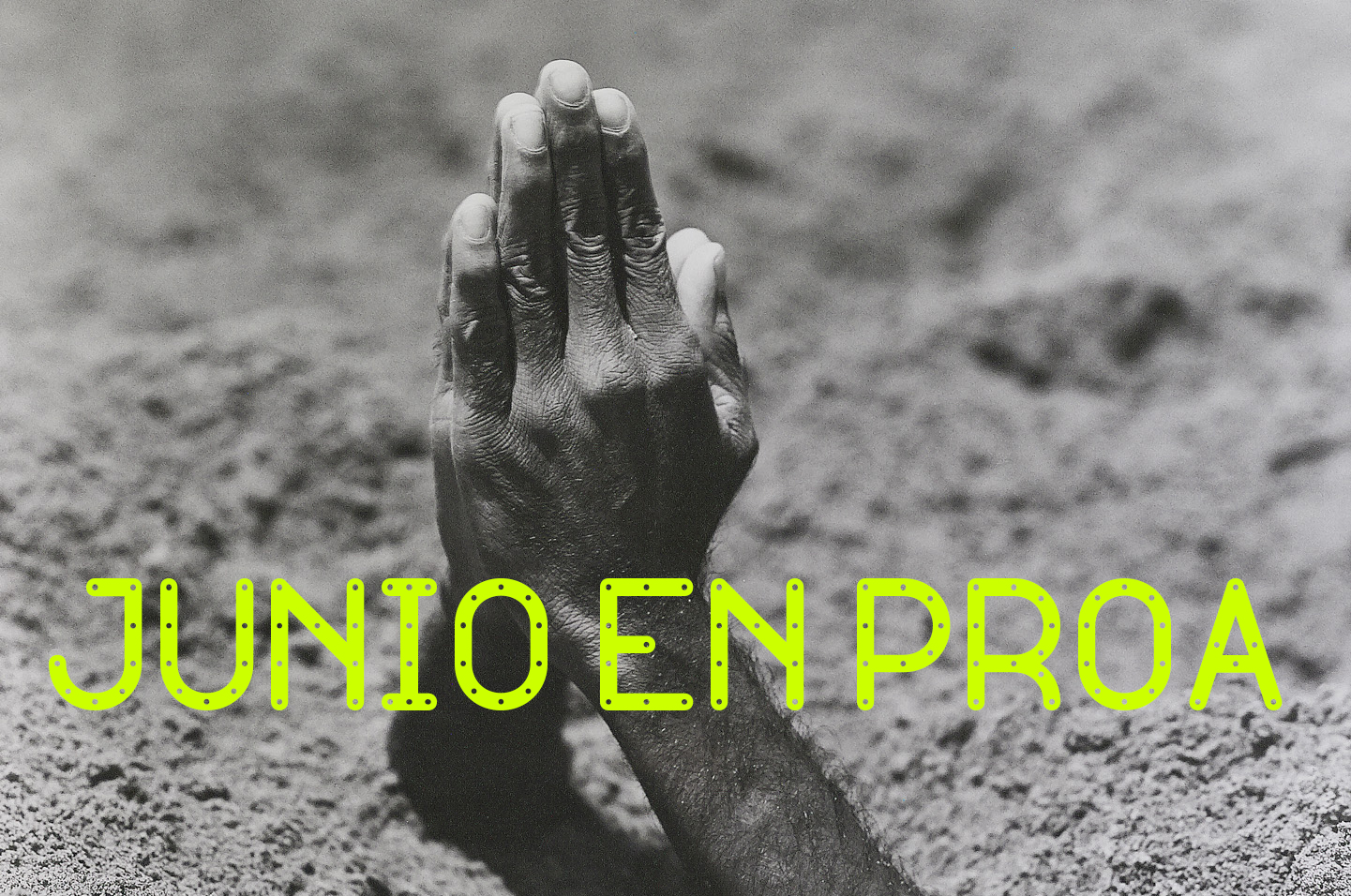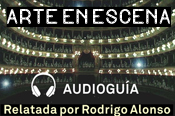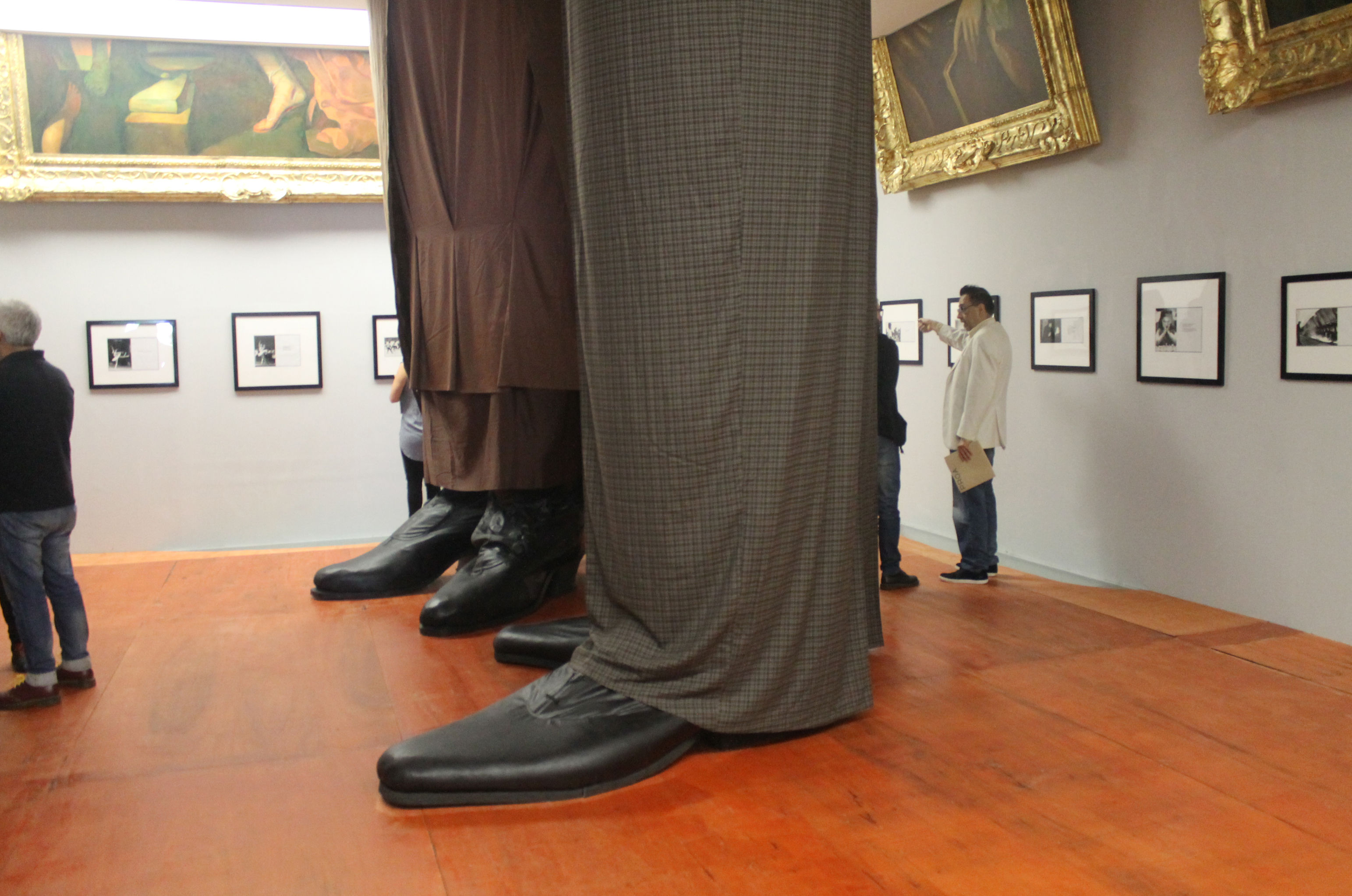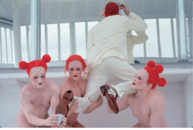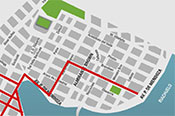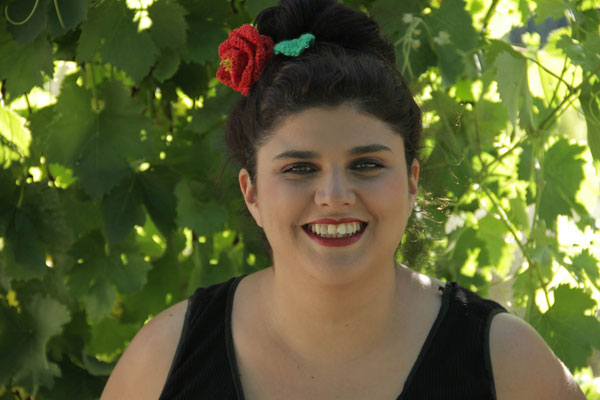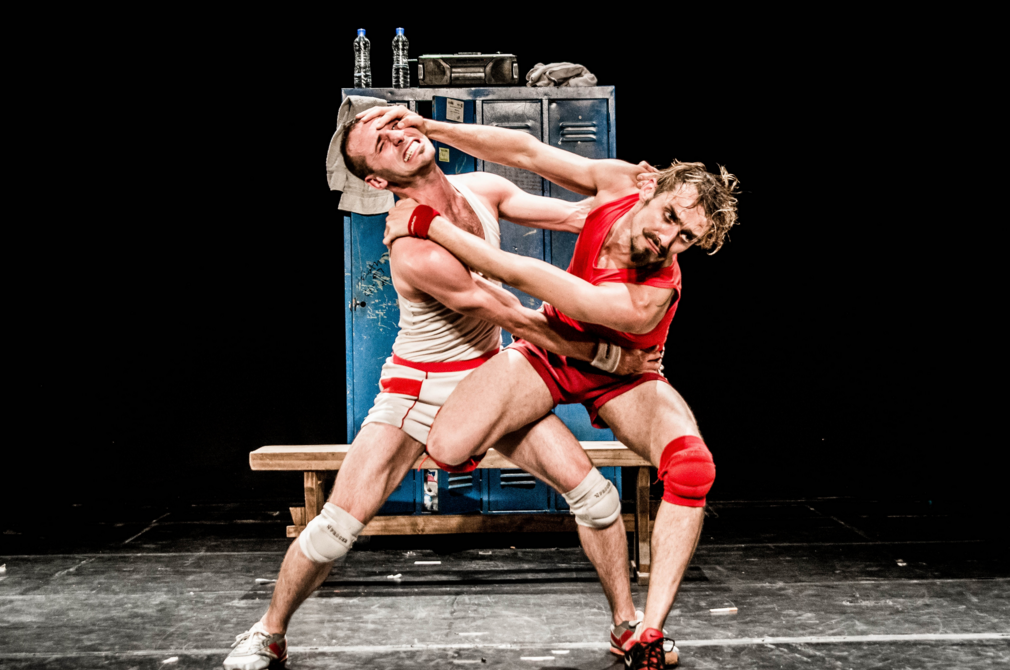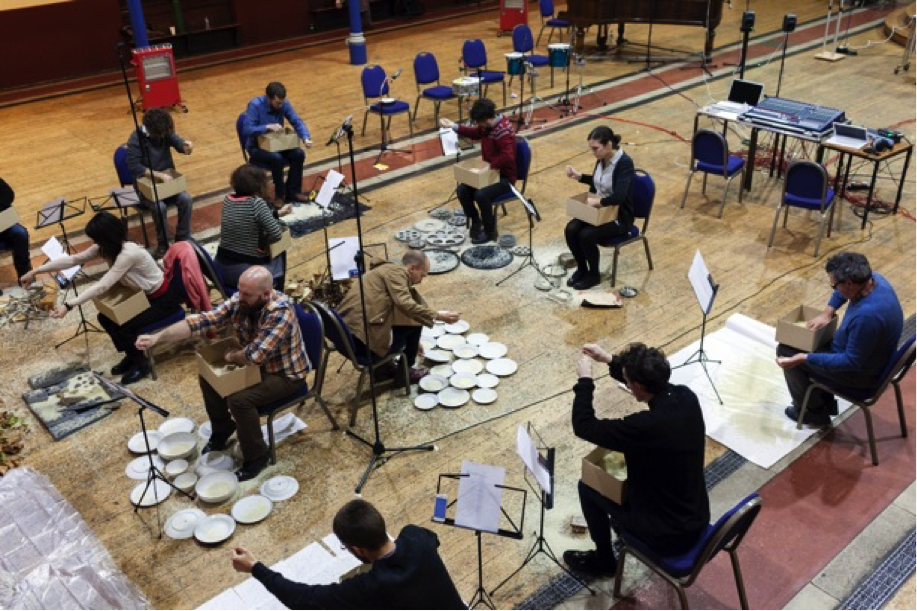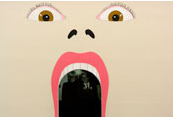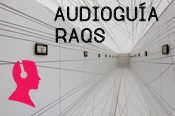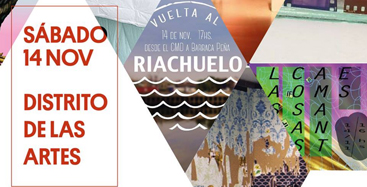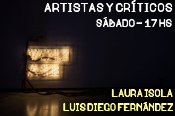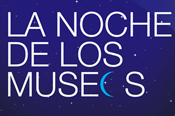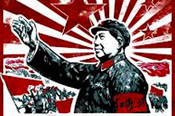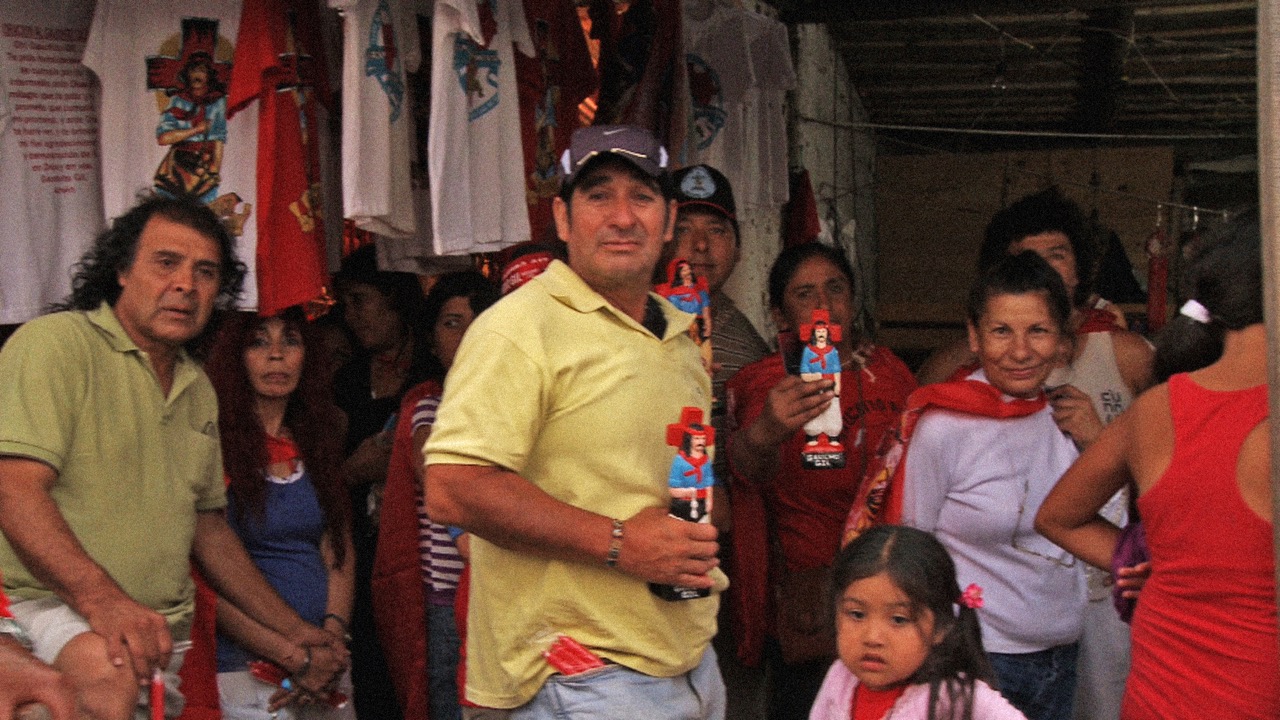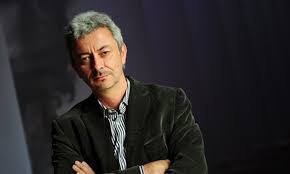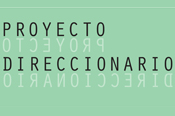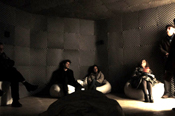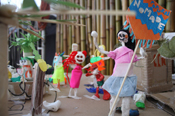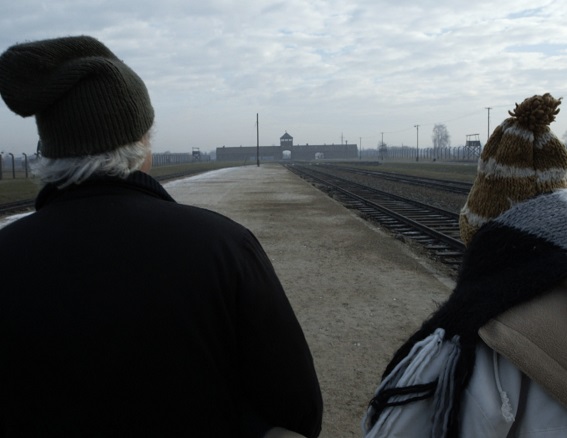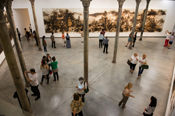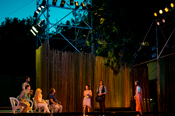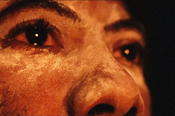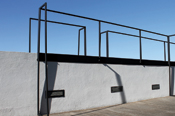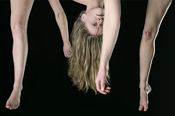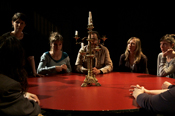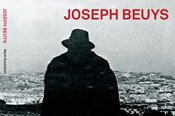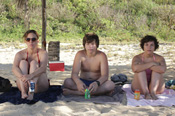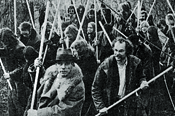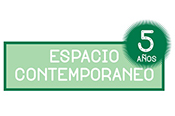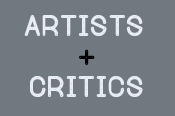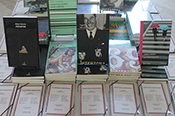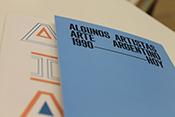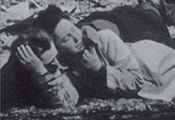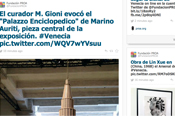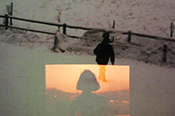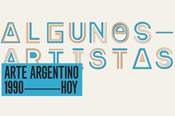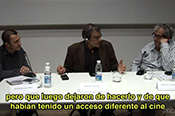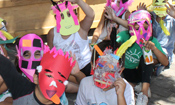Dialogues and encounters at Las Pampas: Raúl Mandrini. Saturday 20 - 5 PM
November 14, 2010
Saturday November 20 - 5 PM
More information: info@proa.org
Next Saturday, professor and art historian Raúl Mandrini, a distinguished expert on the culture of native settlers in the pampas, will give a guided visit to the exhibition Las Pampas, in the frame of the Encounters and dialogues program.
Mandrini will offer a panorama on the social, political and historical context that enabled the production of the communities of the pampas in the 19th century. The audience will be able to visit the exhibition alongside this renowned specialist and share their ideas and impressions on the show.
On upcoming weeks, the program will have the presence of Daniel Molina, Luis González, Teresa Pereda and Luis Pincén.
November
- Saturday 20 - 5 PM. Raúl Mandrini
A panorama on the social, political and historical context of the Pampas during the 19th Century
- Saturday 27 - 5 PM. Daniel Molina
A historical look on art and craftsmanship of the native settlers of the Pampas
December
- Saturday 4 - 5 PM. Luis González
Silverwork and its production context from the perspective of anthropology and the history of native settlers
- Saturday 11 - 5 PM. Teresa Pereda – Luis Pincén
The contemporary artist and researcher will dialogue with one of the descents of the legendary cacique Pincén and specialist on native settlers culture
-
 Saturday 20, November Raúl Mandrini
Saturday 20, November Raúl Mandrini
Raúl Mandrini is a History professor at the University of Buenos Aires (UBA); head professor at the National University of the Center of the Province of Buenos Aires, and researcher for the Institute of Socio-historical studies. His work has centered in the history of native settlers from the region of the Pampas and its surrounding areas. Besides writing articles on specialized magazines and books, he authored Volver al país de los araucanos (co-authored with S. Ortelli, 1992) (Going back to the country of the Araucan settlers) and Los indígenas de la Argentina. La visión del “otro” (2004) (Native settlers from Argentina. A view on the “other”).
-
 Saturday 27, November Daniel Molina
Saturday 27, November Daniel Molina
Daniel Molina is a writer and art critic. He has a Bachelor in Literature (University of Buenos Aires, with honors). His research focuses on new tendencies on art, literature and every day life. From 1986, he has been the director of the Literature department at the Cultural Center Ricardo Rojas (UBA). He gives lectures on Argentine literature and contemporary art. He was editor of “El Porteño”, “Crisis” and “Fin de Siglo” magazines and writes regularly for important local media.
-
Past encounters
Saturday 13-November Claudia Caraballo de Quentin - Ruth Corcuera
Claudia Caraballo de Quentin, general director for “Las Pampas: Art and Culture in the 19th Century” exhibition, has done extensive research on silverwork, which were included in her publication Platería de Las pampas (2009) (Silverwork from the Pampas). In her latest book, Arte de las Pampas (Art from the Pampas), she presents a new perspective on goldsmithing, 19th Century British manufactured ponchos, ponchos from the Pampa, Araucan, Ranquel and Pehuenche cultures, who inhabited the Pampas and Patagonian territories during the 19th Century, and everyday life objects.
Ruth Corcuera is a History professor at the University of Buenos Aires (UBA), she has her doctorate in History from the Catholic University of Peru, and is and actual member of the National Academy of Fine Arts in Argentina. In 1970, she began her research on textiles from the Andes. She covered the main textile research centers in America, Europe, Africa and the Orient. She is the author of many books including Herencia Textil andina (1987, currently in its third edition) (Textile inheritance of the Andes), Ponchos de las tierras del Plata (2000) (Ponchos from the lands of the La Plata River), El arte del algodón en Catamarca, 1919-1951 (2005) (The Art of cotton in Catamarca, 1919-1951) and Mujeres de seda y tierra (2006) (Women of silk and soil). She is a member of the Book Fair Commission and of the National Academy of Fine Arts’ Board of directors. She is currently the director of Cultural Anthropology for the Center of Investigations of Cultural and Philosophical anthropology.
